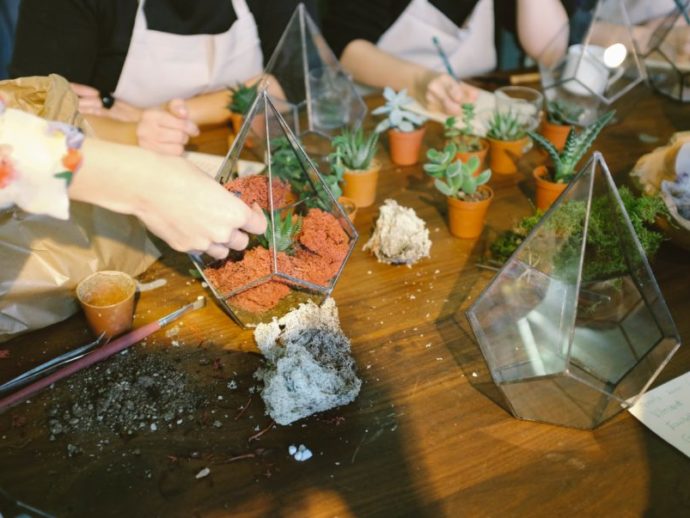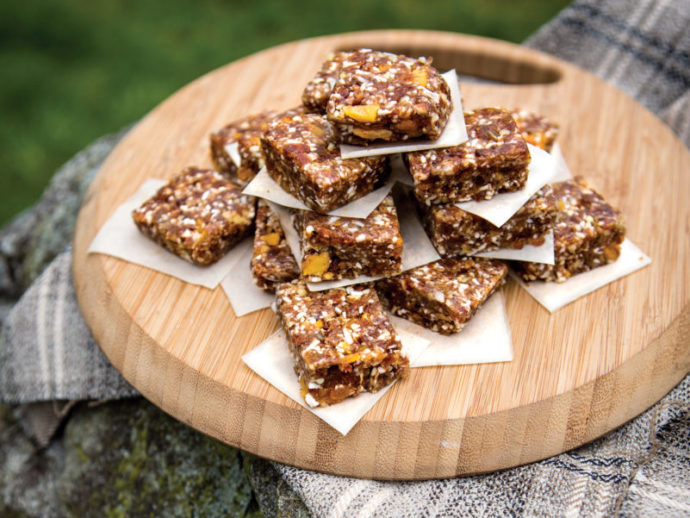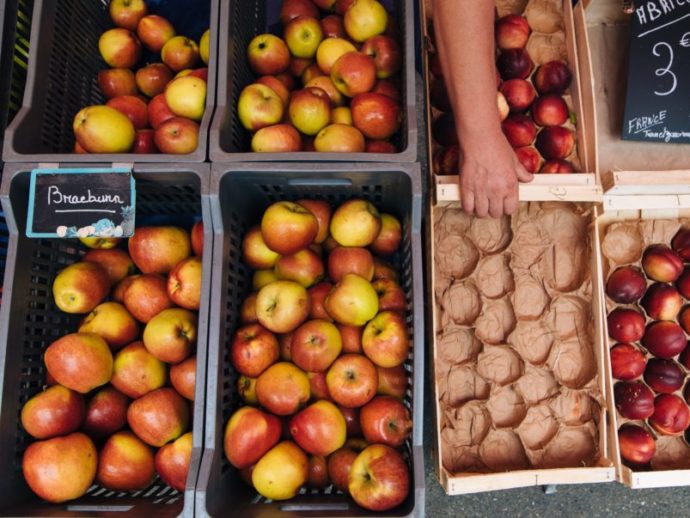
September is Self Improvement Month! Take inspiration from the kids going back to school to forge your own adventure in health, happiness and life-changing decisions.
Happiness in hobbies
A recent study showed that people who took part in leisure activities, no matter if it was cross-stitching or trail running, became less stressed and less sad while they did so, and the calming effect lasted for hours.
Fear of failure?
If you’re nervous to try something new, try reframing those nerves. Farzana Jaffer Jeraj, motivational speaker and author says, “I believe that failure can be beautiful. Excitement and anxiety create the same response in our bodies, but we perceive one as negative and one as positive. If you believe in a journey of growth and learning, there is no failure, just figuring it out as you go along.”
3 hobbies that help our mental health
1. Join a choir
It’s hard to feel sad and sing at the same time. Research shows that participating in a choir gives people a greater sense of togetherness than others experience in different social activities.
2. Try crafting
Whether it’s quilting, crochet or cake decoration, the repetitive motions of crafting can help those who suffer from anxiety, depression or chronic pain, giving health benefits similar to meditation.
3. Get social
Do some social exercise with others. Plenty of research suggests that social isolation can be incredibly debilitating. Try a curling team, a roller derby squad, circus skills school or disc golf league.
5 ways to embrace the new
1. Stay open to possibility
The whole point of our lives is to live to our potential fueled by our passion. The best way to connect to that is to be continually open to learning and doing new things, even if they initially make us uncomfortable.
2. Push through fear
Fear is often behind a resistance to trying something new. When we push through that, we build courage, self-belief and confidence.
3. Challenge self-imposed limits
When it comes to physical activity, sometimes we think we’re not capable because we don’t like a certain activity, so we may resist trying it. Being open to thinking beyond our beliefs about ourselves can lead to a strong, flexible body.
4. Balance your brain
Trying something that challenges our intellect and engages both sides of our brain results in whole-brain thinking. Balance your brain and try a creative project if you’re detail-oriented and vice versa.
5. Take care of spiritual health
Spiritual health is often overlooked. Try a walk in nature, meditation, drumming or a regular practice of gratitude.






